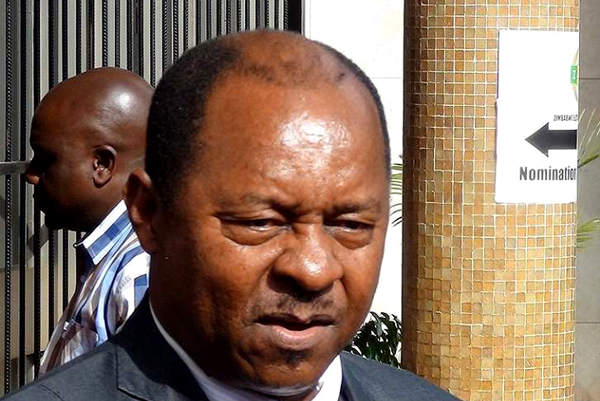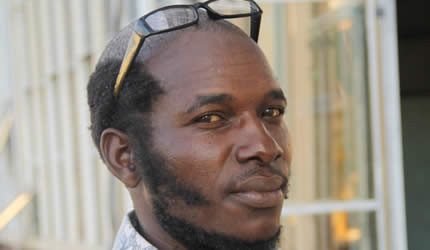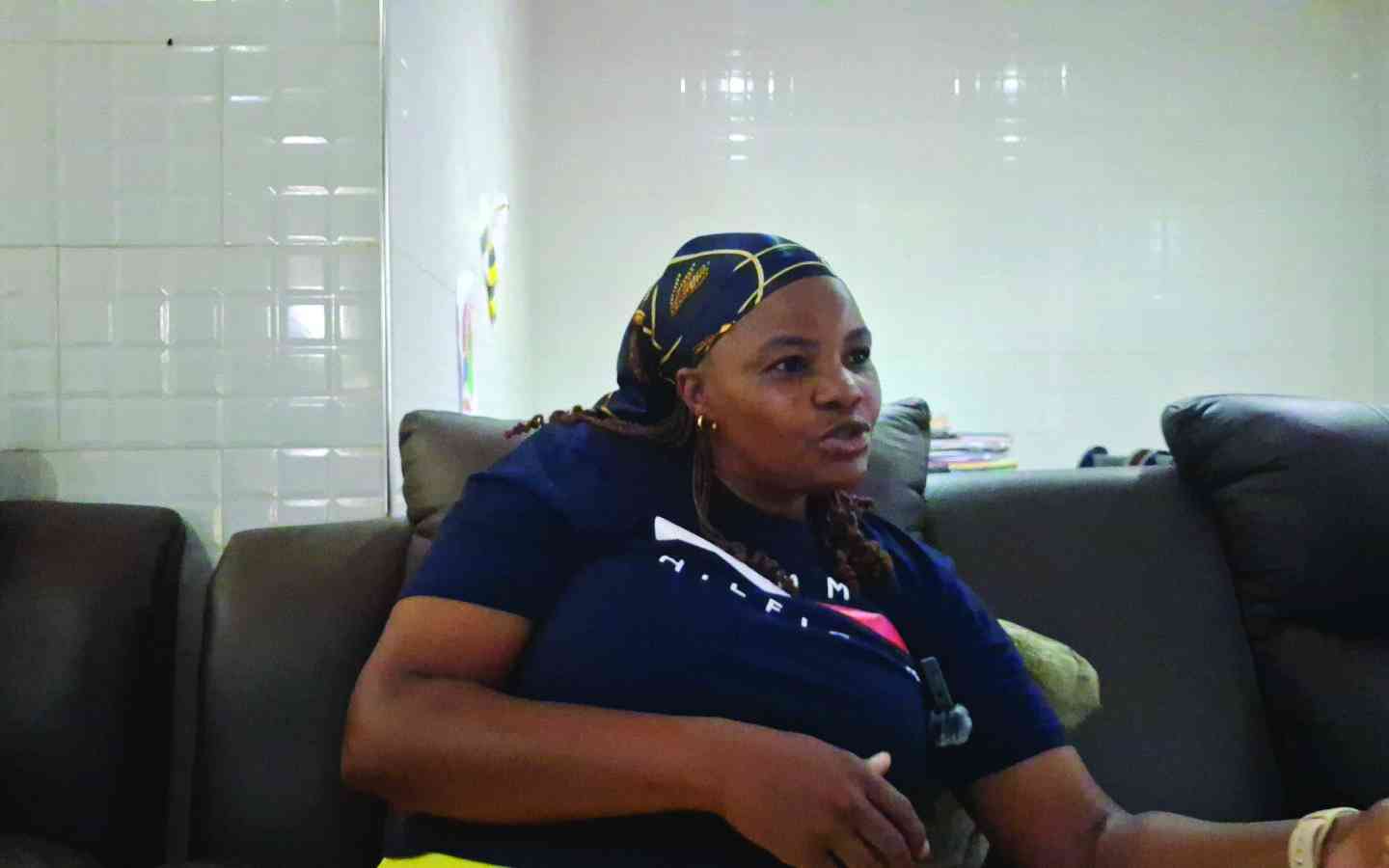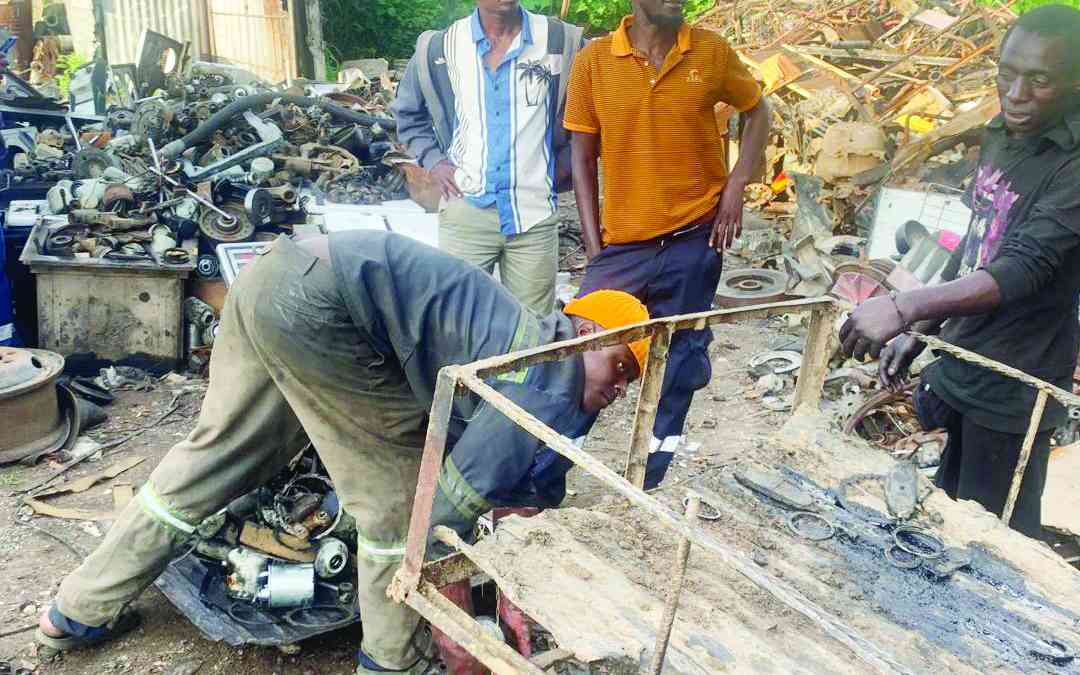
BY MIRIAM MANGWAYA
The collapse of two high profile corruption cases has raised fresh questions about President Emmerson Mnangagwa’s anti-corruption crusade with some legal experts, saying it is turning into a red herring.
Mnangagwa made fighting corruption one of his major goals when he took over from long time ruler Robert Mugabe following the 2017 military coup.
Ignatius Chombo, one of the most high profile Mugabe allies who was arrested during the coup, was last week acquitted by the High Court on the last three of the charges he was facing.
Former Health minister Obadiah Moyo, whose sacking last year was flagged by Mnangagwa’s backers as an indication that he was serious about fighting graft, was also freed by the courts last week.
Moyo was arrested over the US$60 million scandal involving the procurement of equipment to fight Covid-19.
Alec Muchadehama, a Harare-based legal expert, blamed the collapse of the high profile cases on poor investigations.
“There is a tendency that when dealing with high profile people in graft charges, people get over-excited that a powerful person has been arrested and rush to send the suspect for prosecution when they have not yet gathered enough evidence to ensure that the criminals are brought to book,” Muchadehama said.
- Chamisa under fire over US$120K donation
- Mavhunga puts DeMbare into Chibuku quarterfinals
- Pension funds bet on Cabora Bassa oilfields
- Councils defy govt fire tender directive
Keep Reading
“They would be possibly driven by emotions to rush with prosecuting.
“From a legal point of view, all cases that are brought before the courts require thorough investigations prior to prosecution, but law enforcement officers and prosecutors should exercise extra diligence when dealing with such complicated cases.
“In Obadiah Moyo’s case, as it is right now, Moyo is a free man because the state failed to properly frame charges against him, if indeed there was a case.
“But what can be done to recover the US$60 million, Natpharm may possibly approach the civil court and sue whoever it thinks is accountable for the missing funds.”
Crisis in Zimbabwe Coalition director Blessing Vava said the acquittal of the bigwigs showed that Mnangagwa was failing to deal with his corrupt allies.
“Mnangagwa’s pronouncements that he is tackling corruption head on are just hollow statements coming from a clueless leader, who has proved beyond doubt that he is not capable of dealing with corruption,” Vava said.
“What is happening has just proved that the so-called new dispensation is a continuation of the old where corruption had become embedded in government.
“It is now appearing like a soap opera, nothing serious will be done to the corrupt bigwigs, and if we haven’t had any serious conviction it shows that we are going nowhere.”
Zimbabwe Coalition on Debt and Development programmes manager John Maketo said the collapse of the corruption cases eroded Zimbabweans’ trust in the capacity of the authorities to fight corruption.
“There is a need to push for private prosecution on the matters to promote the culture of transparency and accountability,” Maketo said.
“The lost public confidence in the justice delivery system should be restored by bringing criminals to book.
“Corruption compromises equitable resource distribution, which widens the socio-economic divide between the marginalised and the elite.”
Zacc spokesperson John Makamure said he was out of office and could not comment.
Zimbabwe is losing over US$1,8 billion to corruption annually.










